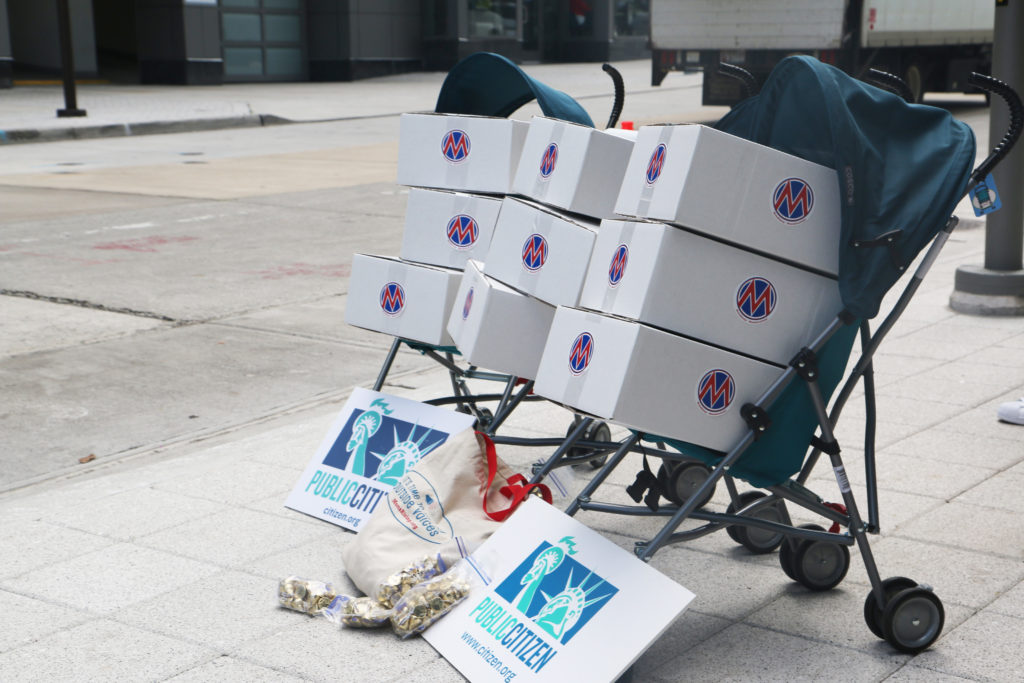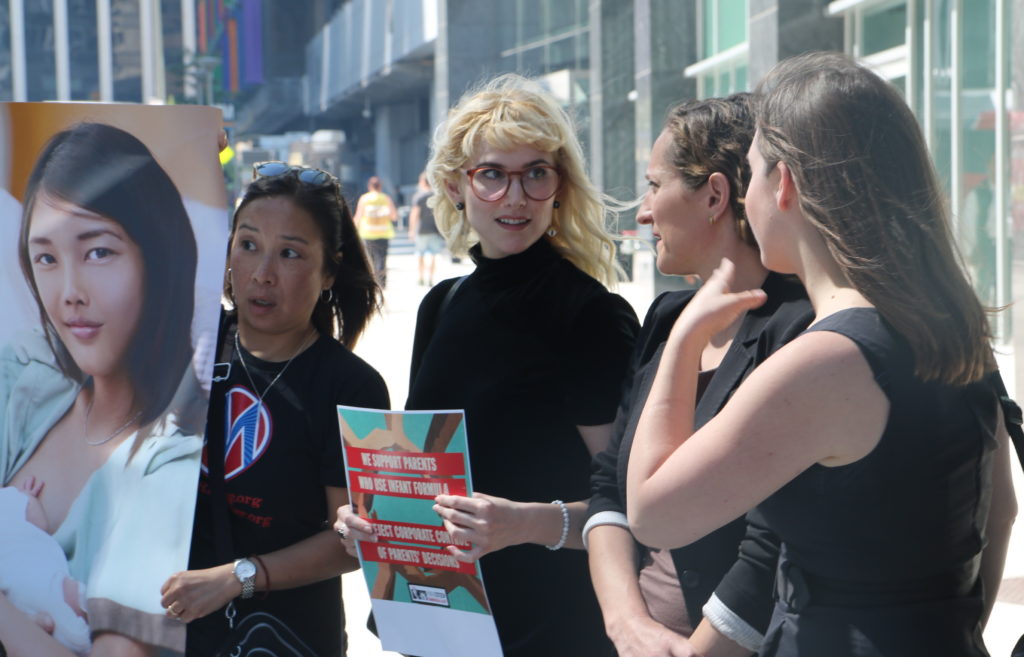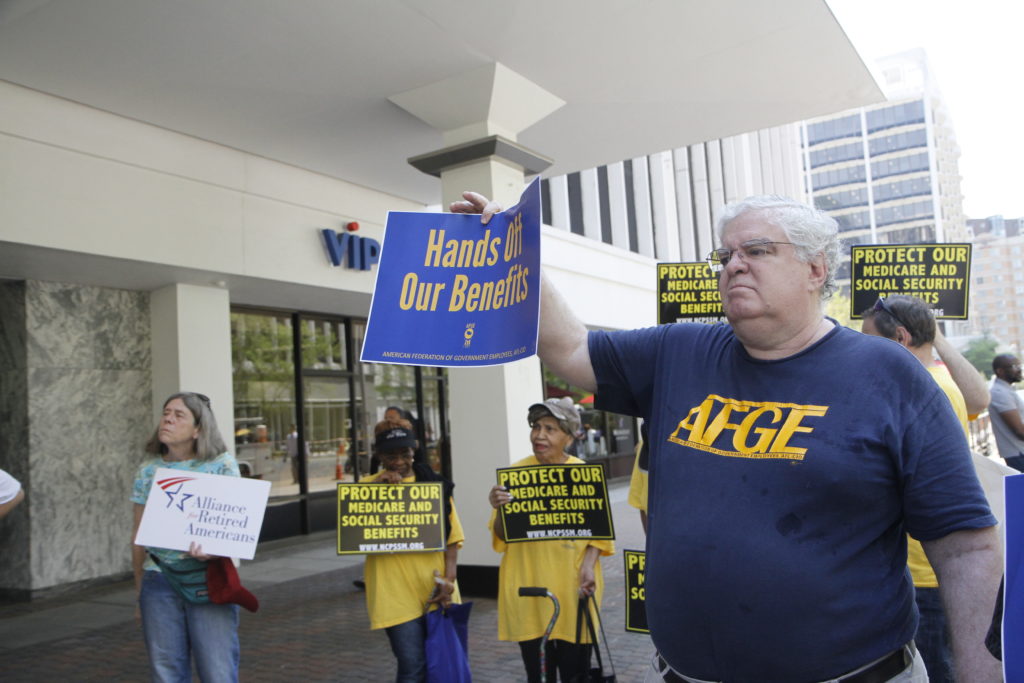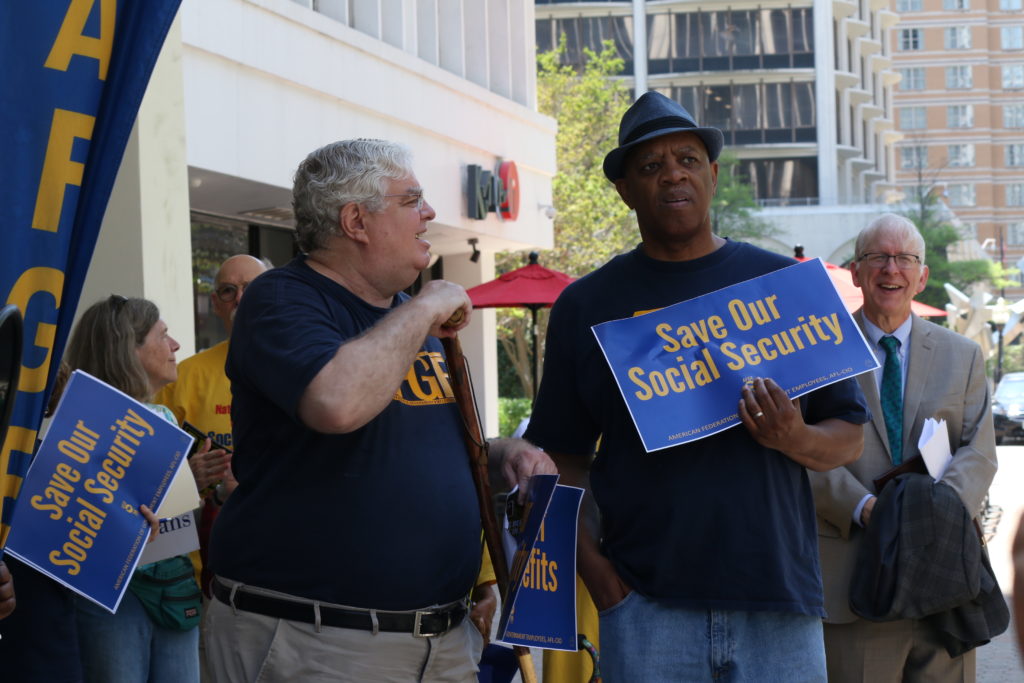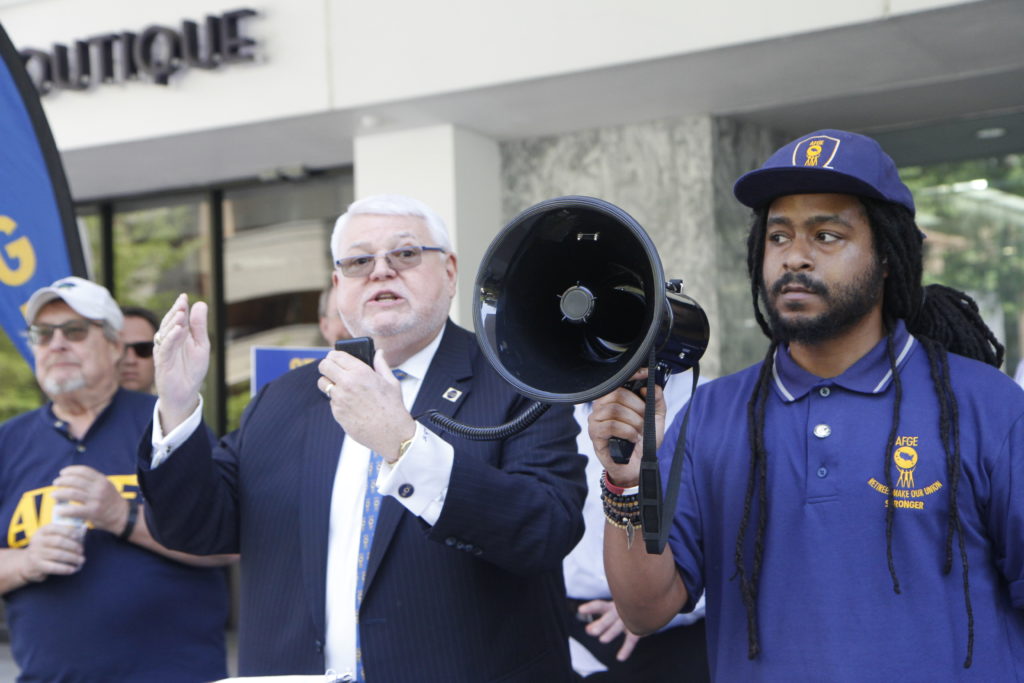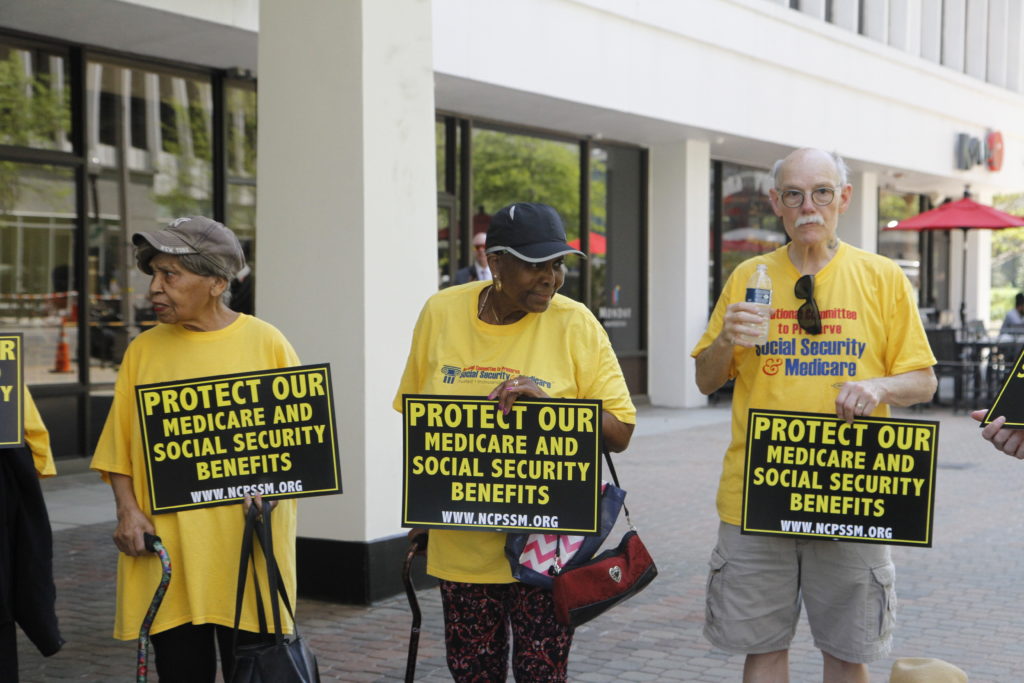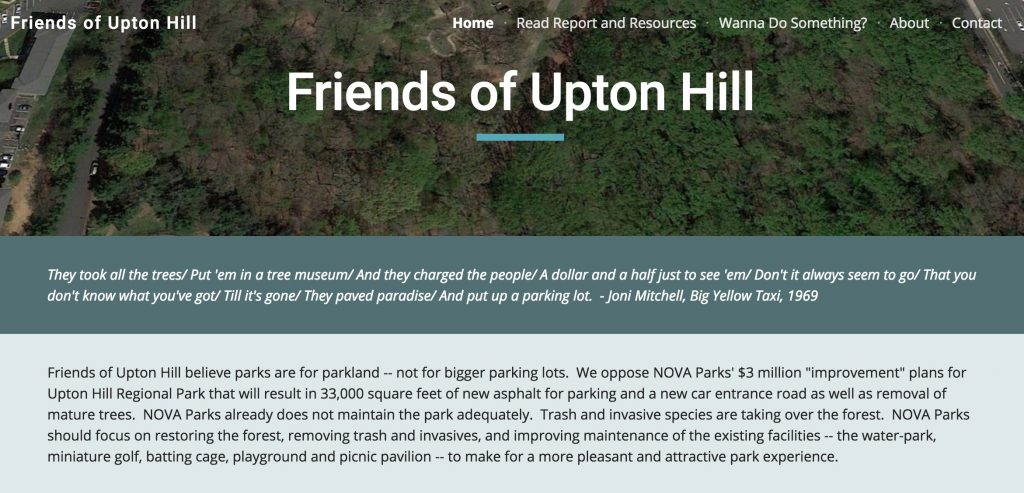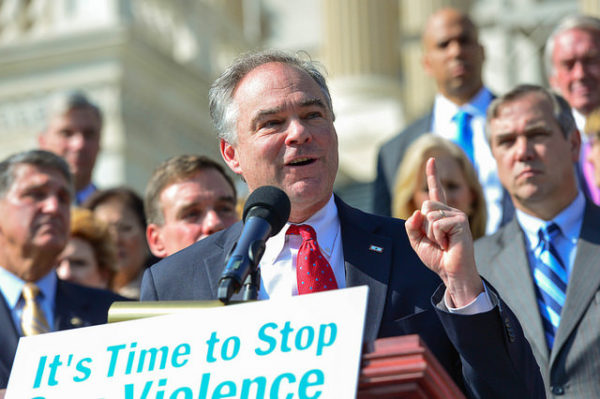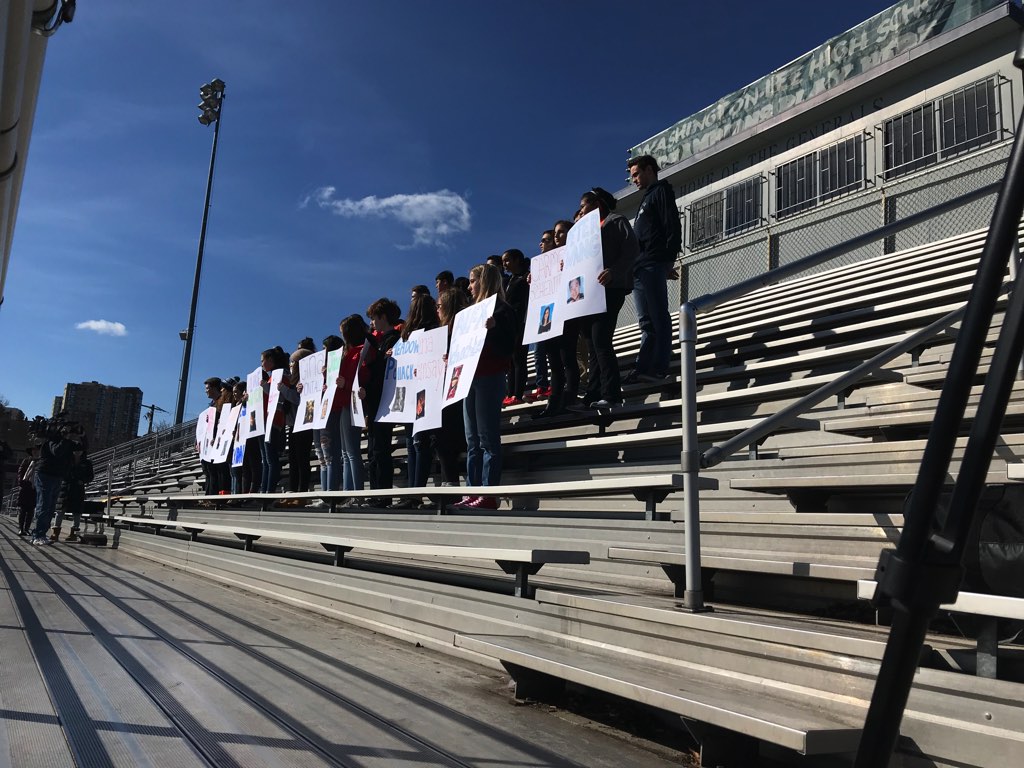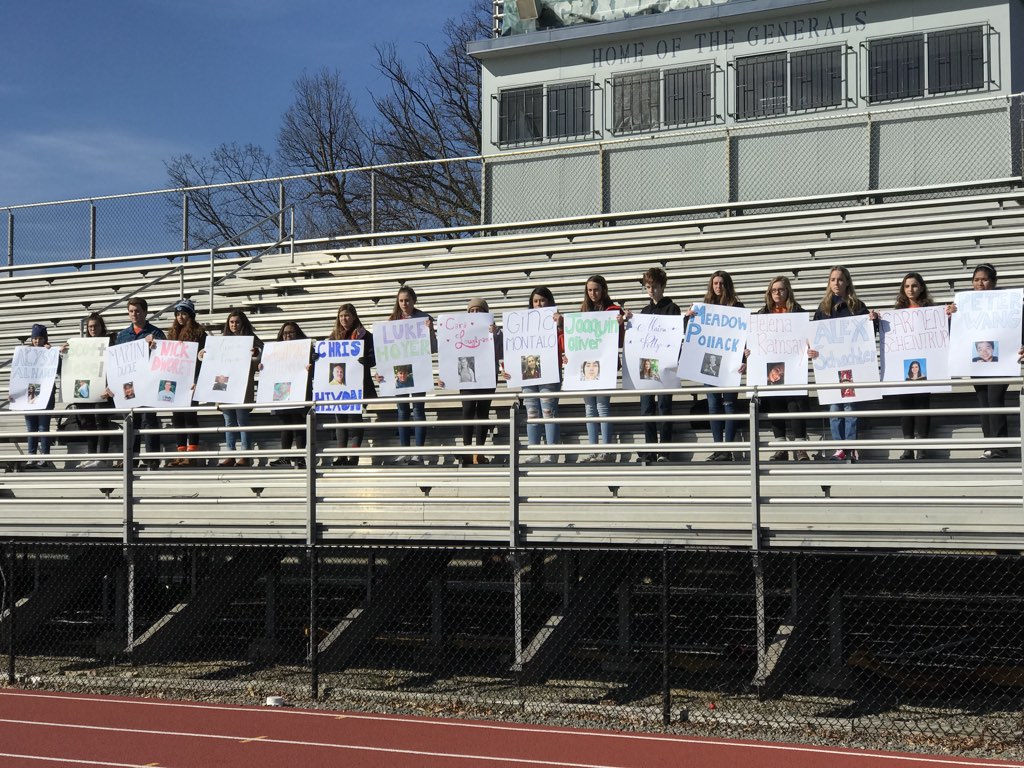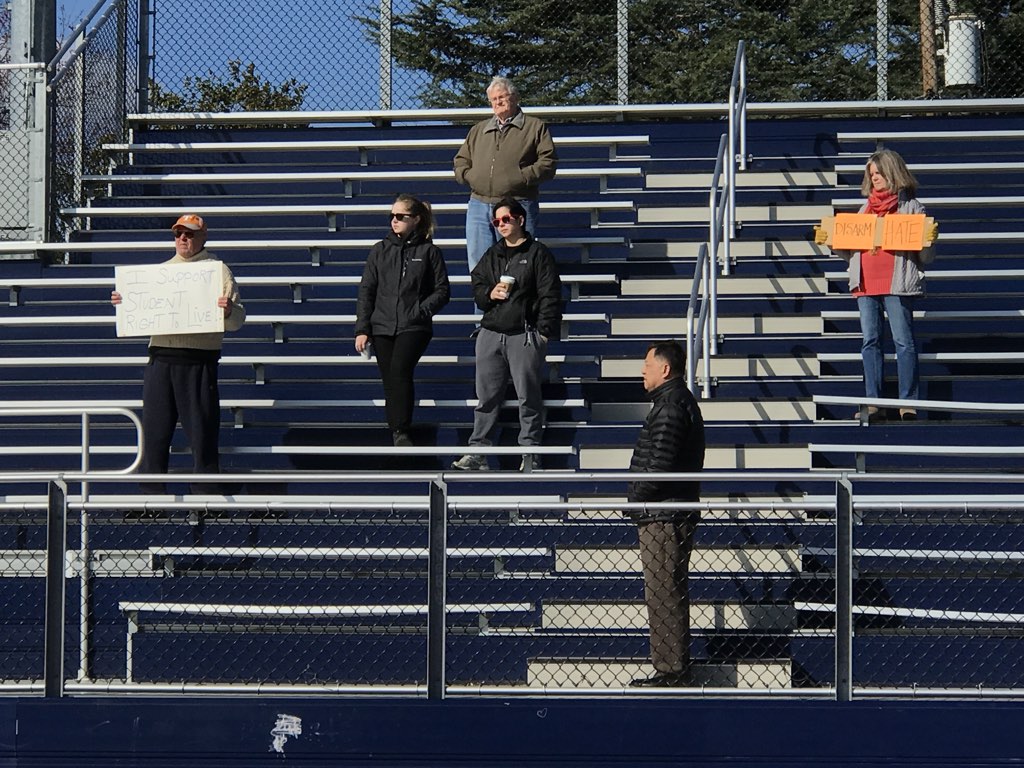Tina Sherman says she was stunned to wake up one morning and discover that her country suddenly wasn’t interested in promoting breastfeeding around the world.
Sherman, a North Carolina organizer with the progressive activist group “MomsRising,” was disturbed and puzzled to see the New York Times reporting that American officials pushed back on a seemingly innocuous resolution supporting breastfeeding at a gathering of the World Health Organization’s governing body.
As a mother herself, Sherman couldn’t understand why the U.S. would seek to abandon its longstanding support for breastfeeding, which research has often shown is healthier than baby formula and considerably less expensive. But as she read on, it didn’t surprise her that some advocates saw the influence of major baby formula producers at play in the dust-up.
“We know the benefits of breastfeeding, and it just seems to be in direct opposition to everything that we stood for,” Sherman told ARLnow. “We don’t know, but we can guess who was involved.”
Nestlé, in particular, has come under fire for decades now for allegedly using misleading marketing tactics in developing nations to promote baby formula, en route to becoming the market leader in infant milk products worldwide. So Sherman decided to express her outrage to the company directly, and worked with several other advocacy groups to collect more than 80,000 signatures urging Nestlé to change its ways.
The advocates, who even earned the backing of actress Alyssa Milano, delivered the petition to Nestlé’s new Rosslyn headquarters today (Tuesday) and met briefly with some company representatives to discuss the issue.
Nestlé spokesman Josh Morton says the company “welcome[s] the opportunity for meaningful engagement” on the issue, stressing that “we prioritize the health and wellbeing of babies.”
The company has long denied any wrongdoing when it comes its formula marketing, and Morton added that “Nestlé believes that breastfeeding is best for babies. Full stop.”
Though other formula companies have been more reticent to denounce the Trump administration’s actions on breastfeeding, Nestlé has worked to distance itself from the controversy, and Morton stressed that the company supports the WHO’s current stance on the practice.
Sherman says she’s certainly encouraged that the company at least says it’s willing to hear her group’s concerns. Yet Julia Skapik, a practicing physician in D.C. and a MomsRising volunteer, said she can’t help but be skeptical of company’s clear “profit motive.”
“Especially in places that are resource-poor, the idea that families are being convinced that they should take what little resources they have and put it towards formula is really frustrating and it’s sad,” Skapik said.
Morvika Jordan, another volunteer from Manassas, sees the company’s priorities misplaced, with “the idea of profit superseding the idea of health.”
But between the article in the Times and Tuesday’s demonstration, Sherman thinks executives at Nestlé, at least, “know that we’re watching.”
“If they can turn that marketing around, we’ll be right back out here cheering them, thanking them,” Sherman said. “But if they don’t, we’ll be back here to let them know what we think.”




